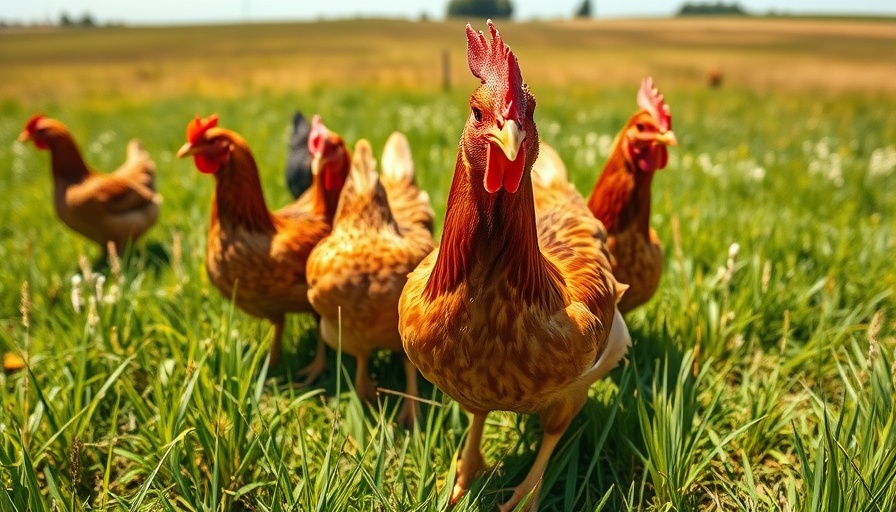
Bird Keepers on High Alert: Understanding Avian Influenza Risks
In light of rising avian influenza cases, UK authorities have issued a stark warning for bird keepers, urging them to enhance biosecurity measures. This warning is particularly critical for those involved with gamebird rearing and operations, especially in coastal areas that are part of migratory bird routes. Notably, the disease's transmission risks are intensified in regions with a strong gamebird industry.
The Importance of Enhanced Biosecurity
Following the establishment of an Avian Influenza Prevention Zone (AIPZ) across Great Britain, mandatory biosecurity measures are more critical than ever. Bird keepers must ensure they are not only compliant with these measures but also proactive in safeguarding their flocks against potential outbreaks.
Key measures include disinfecting vehicles before arriving at a site, cleaning feeding and watering stations regularly, and checking for signs of avian influenza daily among placed birds. These guidelines are specifically crafted to limit exposure between domestic and wild birds, which can frequently carry this notifiable disease.
Community Responsibility and Proactive Measures
Christine Middlemiss, the UK Chief Veterinary Officer, emphasizes that strong biosecurity practices are the most effective defense against the spread of infection. With many poultry gatherings now banned to prevent contamination, the call for vigilance extends to all bird keepers, whether managing gamebirds, poultry, or exotic species.
Community engagement is crucial. By sharing information and reporting unusual bird behaviors or deaths immediately, keepers can significantly contribute to limiting the disease spread. The public's awareness and involvement become invaluable in safeguarding both captive and wild bird populations.
Conclusion: Why Immediate Action is Essential
As bird keepers stand on the frontline against avian influenza, the need for immediate action cannot be overstated. The recommendations set forth by the authorities are not just guidelines but essential practices to prevent avian influenza from affecting domestic birds and, subsequently, human health. Vigilance, education, and community responsibility must all play a role in the ongoing fight against this potent virus.
 Add Row
Add Row  Add
Add 




Write A Comment